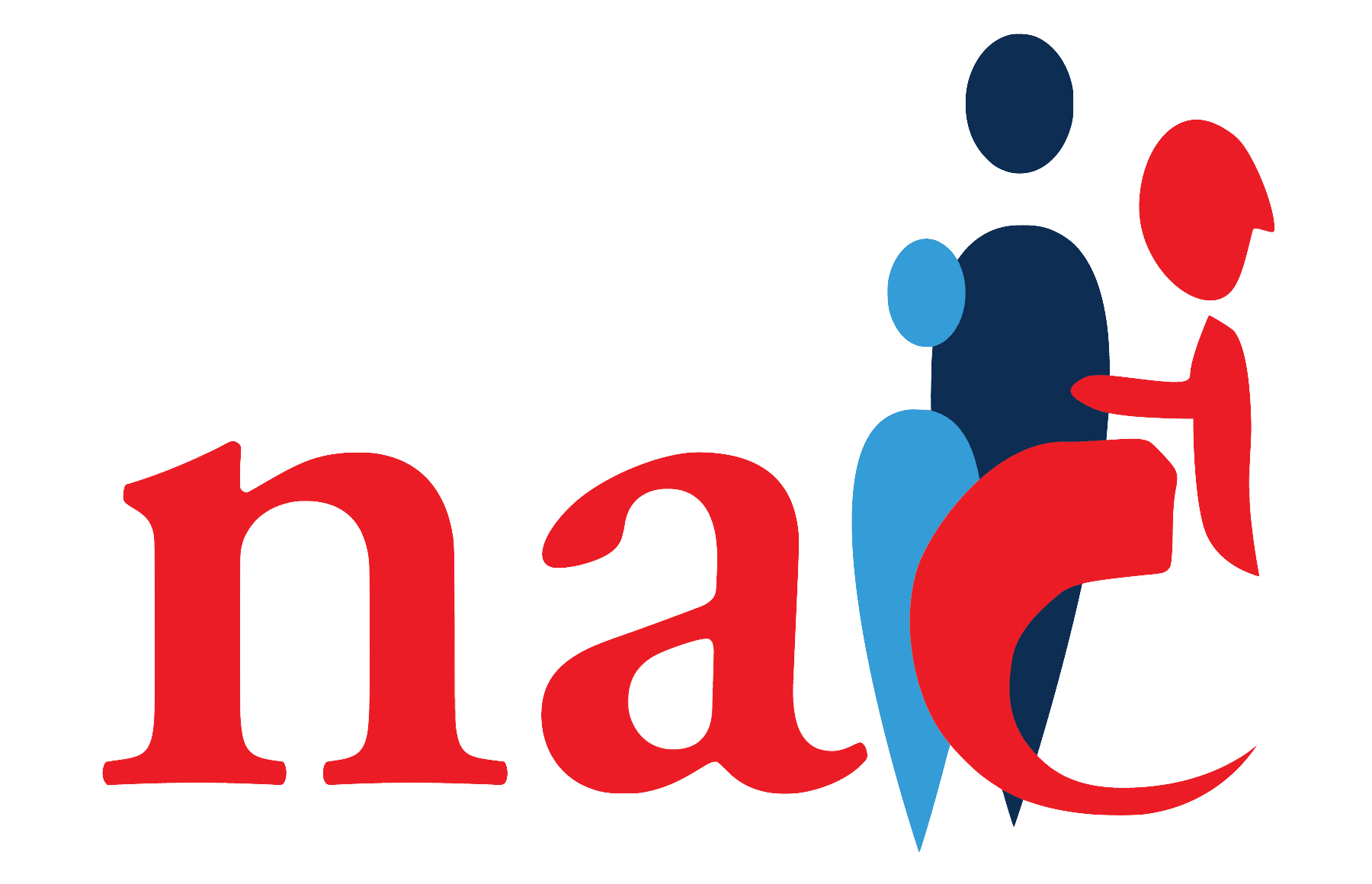Maggie has been a caregiver for both her husband and her son, both of whom had blood cancer. While her husband was diagnosed with non-Hodgkin’s lymphoma in 2014, her son was diagnosed with acute myeloid leukemia in 2019 and ended up needing a bone marrow transplant.
Maggie is Chinese, but was born and raised in the Philippines. When her son was sick and in the hospital, she stayed with him 24/7, often sleeping in his hospital room. At the time, she didn’t realize this wasn’t common, or may be cultural, but it’s what she remembers doing for her parents when they were sick. Food and faith were also a large part of her culture that affected her Maggie was able to walk to church and attend mass in order to have some spiritual nourishment. caregiving. Friends and family would bring comfortable, familiar food to Maggie and her son, which helped support them, and Many of the nurses who cared for Maggie’s son in the hospital were Filipino and understood exactly how Maggie was feeling as a mother. They would support her by urging her to get rest, giving her a place to store her food, and reassuring her. Connecting with those with a shared cultural background was very helpful to Maggie. She also found support in other caregivers in the hospital, or patients who had also been diagnosed with blood cancer and survived, although she never found a formal support group.
It wasn’t until her son was more stable that Maggie found a patient advocacy group through the internet. She reached out to them because she feels it’s important to help other caregivers going through what she went through. She has signed up for a peer-to-peer network and hopes she can lend support to other caregivers, which she feels is important to do and will help her own caregiving journey.
Maggie believes patient advocacy groups should connect with hospitals in some way to make caregivers more aware of them. To be culturally responsive, they should have translators available and make sure they are sensitive to the needs of working caregivers or caregivers with children. Above all else, she believes patient advocacy groups should be sensitive to the mental well-being of caregivers, and to do their best to help remove the stigma some cultures can feel about admitting that they need help.
